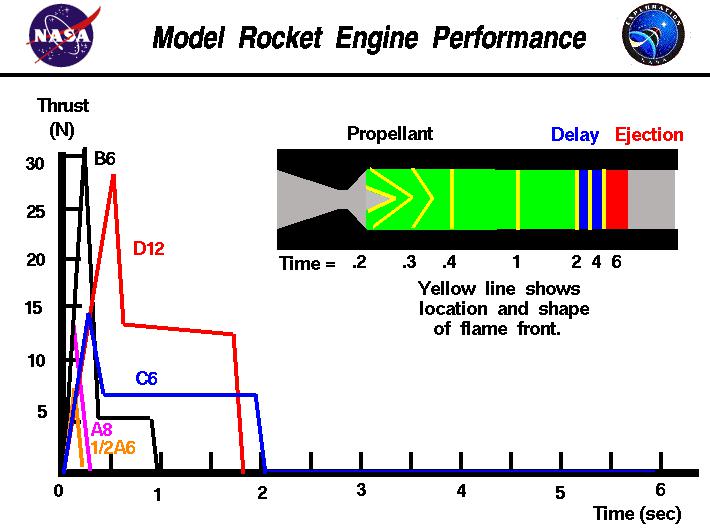Everyone: Please Stop Praying to the Universe - Word on Fire
It occasionally is discovered that a person has been offering prayers to the universe. Perhaps this person is simply giving thanks, or maybe this individual is trying to get something out of the exchange, like a promotion at work, or a piece of exotic furniture of some kind. But whatever the circumstance may be—and perhaps this person has even been you, at times—there is something very important to consider before praying to the universe. Predominantly this: The universe isn’t God.
The problem here identified seems to be one not just of the spiritual-fast-food crowd, which you might find eyeballing ingredient labels at Trader Joe’s or wearing empath protection necklaces, but even among the wholly unambiguous, meatloaf-and-ketchup-loving, blue-collar religious grandparent who has simply and somehow picked up the wrong signals about who exactly is holding together this-here cosmic enterprise. I have seen very dedicated and thoughtful Christians—usually younger, but some of them older—offering prayers and reflections to the stars. “Dear Universe, thank you for giving me Robert. I always wanted a hamster. It’s like you just knew.” For this, in part, I believe we have people like Oprah Winfrey to thank. Also, Deepak Chopra.

The point is this: if you happen to be praying to the universe, please understand you would do just as well to pray to a toaster or a hard-boiled egg, or even a lava lamp. The universe is a creation, not a Creator. Creations can be respected and admired, but they ought not to be worshipped. We might say a person offering prayers to the universe is suffering from a simple (though severe) ontological confusion. The universe is contingent, remember: it exists, but it doesn’t have to exist, and it could have existed some other way. In fact, there seems to have been a point when the universe did not exist, but suddenly came to be. In short: the universe is a receiver of being, not a giver of being. But all those qualities are exactly and precisely what we cannot say about God. Because God, if God is anything at all, is surely that which is noncontingent and necessary; that which offers being to all other things that exist (including the universe), and receives none of it himself. God could not have existed any other way, and he could not have not existed, period. The very (admittedly fantastic) observation that a nonnecessary universe exists means, a priori, there must be some noncontingent foundation to explain it: A reality that is is uncreated, unconditioned, uncaused; a foundation that is eternal and perfect and supreme. That is the reality we should be praying at. Because that reality is God.
But let us put all this philosophy aside, and look at the matter simply. Can you imagine God’s expression of frowning disappointment when you arrive in heaven (if you arrive in heaven…let us not be too presumptuous!) of having to explain why you thought a toaster or a spatula or a star-cluster could heal your grandmother’s bunion, bring someone to fall in love with you, or balance your hormones? God will forgive us for this—I mean, of course he will, so long as we ask him to—because God loves and forgives everyone. But why risk having to explain ourselves? Why admit we’ve been reading Deepak Chopra again instead of the Bible? Please, everyone: stop praying to the universe.
Here is the appropriate recourse: understand that we are under a moral obligation to love God—not supernovas, not shooting stars. This is not because God needs us to love him, but because God knows what is good for us and has our better interests in mind. This is why he commands us to love (because love is really good for us), and this is why he provided revelation on who to love and how to do it. But to love someone is to get to know someone, and we cannot love fully someone who we know only very little about. Jesus did not instruct us to love the planet Uranus; he instructed us to love the one who created the planet Uranus, and so he revealed God to us that we may enter properly into a relationship with him. Now, whether or not we are willing to think about God philosophically, we should (at a bare minimum) be willing to hear God’s word and have it explained to us; we should be willing to go to Church and worship he who is rightfully deserving of praise. God has had it said in no uncertain terms—as science and philosophy both confirm—that the universe is his creation, and so are we. When gazing at the stars, we are surely witnessing a portrait of divine origins—a portrait that testifies absolutely to the artistic genius of its Creator—but we are not witnessing that Creator directly. We are simply looking at very hot balls of gas.
-
Latest
 How does the shape of a rocket affect its performance ...
How does the shape of a rocket affect its performance ...How does the shape of a rocket affect its performance?At supersonic speeds (faster than the speed of sound), the best shape is a narrower and sharper point. Rockets with a larger diameter have more dr...
-
Next
 How much is a rocket pass? – Colors-NewYork.com
How much is a rocket pass? – Colors-NewYork.comHow much is a rocket pass?Players who opt to purchase the Rocket Pass for 1,000 Credits ($9.99) will also unlock the ability to earn rewards from the Premium Tier of the pass in addition to some free...
Popular Articles
- Why Do Smartphones Become Anchors in Daily Decision Flow?
- Why Does Refresh Rate Matter Beyond Smooth Scrolling?
- What Makes a Smartphone Feel “Comfortable” to Use Daily?
- The 5-minute Phone Declutter: Organize Your Apps and Mind
- AI Features Changing the Smartphone Experience
- Must-Have Smartphone Features This Year
